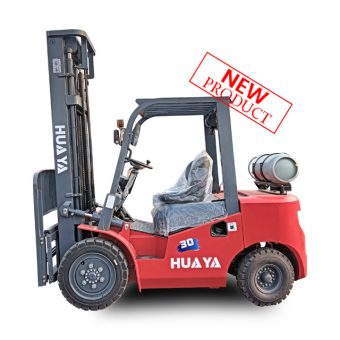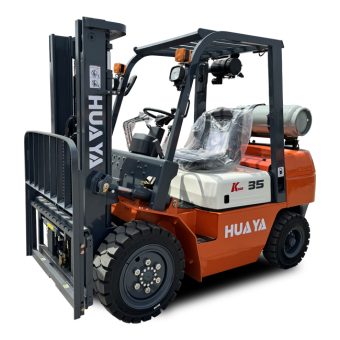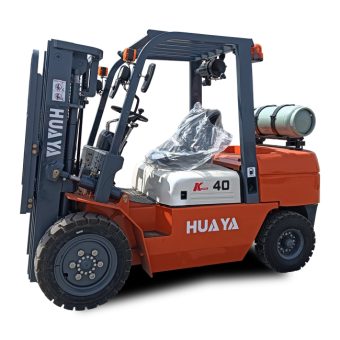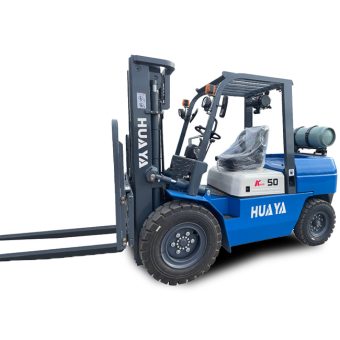
News
Forklifts play an essential role in various industries, and their efficiency relies on components like the propane regulator. Understanding how this regulator works can help you maintain safety and efficiency in your operations.

A forklift propane regulator is a crucial component in the fuel delivery system of a propane-powered forklift. Its primary role is to control the pressure of the propane fuel from the storage tank, ensuring a consistent and safe flow to the engine. This consistent pressure is essential for smooth operation and optimal engine performance.
The regulator reduces the high pressure of liquid propane in the storage tank to a manageable level for the engine. Without this reduction, the engine could face malfunctions or safety hazards.
In some regulators, there is a built-in vaporizer. It transforms liquid propane into a gaseous state, ensuring the fuel is suitable for combustion within the engine.
Regulators include a safety valve that prevents propane leaks by shutting off the fuel flow if irregular pressure is detected.
Regulators can be adjusted to provide the right amount of fuel for different operational needs, enhancing flexibility and efficiency.
Inlet and Outlet Ports:
These facilitate the entry and exit of propane.
Diaphragm:
A flexible membrane that regulates the pressure of propane as it moves through the system.
Pressure Relief Valve:
Ensures excess pressure is released safely to prevent accidents.
Adjustment Screws:
Allow manual tuning of pressure settings.
Enhanced Safety: Prevents fuel leaks and pressure mishaps.
Optimal Performance: Maintains consistent engine performance.
Fuel Efficiency: Reduces wastage by providing accurate fuel delivery.
The engine misfires or stalls frequently.
Strong smell of propane around the forklift.
Visible frost or ice on the regulator.
Difficulty in starting the forklift.
Regular Inspections: Check for wear, tear, and leaks.
Cleaning: Remove dirt and debris to avoid blockages.
Professional Servicing: Schedule routine maintenance with certified technicians.
Yes, but only minor adjustments. For major issues, consult a professional.
Typically, every five years, or sooner if issues arise.
Turn off the forklift immediately, ventilate the area, and check for leaks.
The propane regulator is a vital part of a forklift’s fuel system. By understanding its operation and ensuring regular maintenance, you can maximize efficiency and safety in your forklift operations.



